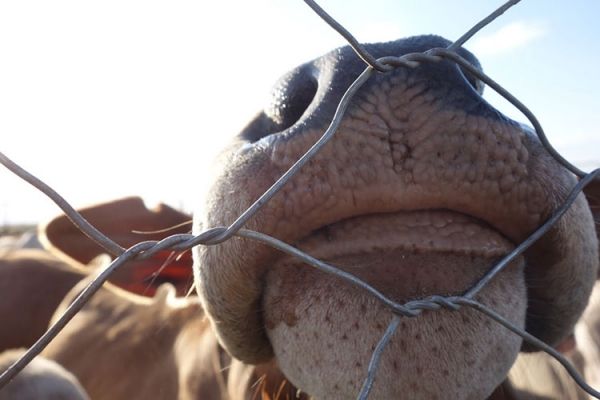But when wild animals eat livestock, farmers face the traumatic loss of food or income, frequently sparking lethal conflicts between humans and their carnivorous neighbors.
Humans have struggled to reduce the loss of livestock to carnivores for thousands of years, and yet, solutions remain elusive. According to a new study led by researchers at the University of California, Berkeley, solving this ancient puzzle requires going back to Ecology 101.
Effectively reducing encounters between domestic prey and wild predators, the researchers argue, requires knowing the principles governing the ecological interactions among these players and their surrounding landscape. Simply put, getting in the mind of predators — considering the ecology of how they hunt, how their prey behaves and how they interact with the landscape around them — will help farmers and wildlife managers target interventions to discourage wild carnivores from preying on valuable livestock.
Continue reading at University of California Berkeley
Image via University of California Berkeley


